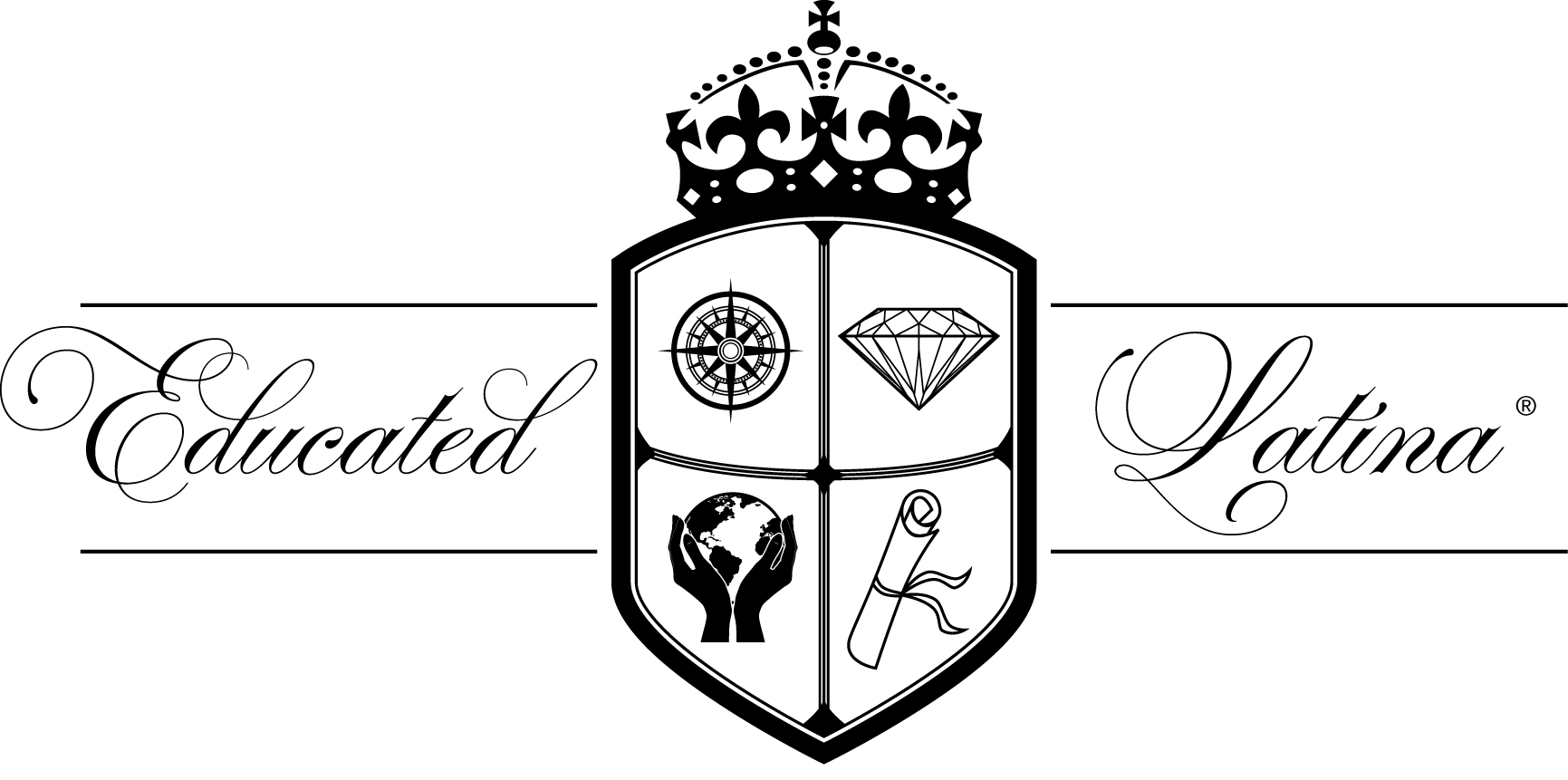3 Simple Study Tips to Pass Your Classes
If you’ve been reading this for a while, you know..
Continue Reading
I boarded a bus on January 21, bright and early in the morning that was heading towards LA. On this day, I along hundreds of women and supporters marched in the street of LA to let our new elected official that women’s rights were just as important as his campaign promises. It was a rare occasion for myself, I was a part of something that was unifying different generations but at the same time I was a part of something much bigger then myself. We were united; women and men, children and elders, women of color and white women, women from different ethnic backgrounds, all were there for one reason and one reason only: women’s rights.
However, as I marched particular signs stood out against the rest and caught my attention. Most of these signs had an illustration of a women’s reproductive organs or had the word pussy. I couldn’t help but think about my mom, who the day of had called me to try to convince me to not go. Now as I sat in Pershing Square, I started to think about all the reasons my mom didn’t want me to go to the Women’s March.

Her reasons were:
• It’s not safe
• You could get hurt
• Why do you want to be associated with something like that?
Her first two reason made sense to me, she is a mom looking out for the well-being of her child, understandable. However, her third reason confused me, why wouldn’t I want to be a part of something like the women’s march. I couldn’t see any negatives coming from my participation. Until, I began to look at the image that is portrayed not only of the women’s march but of this wave of feminism.
This wave of feminism as portrayed by media and by individuals is very much portrayed as one to be centered around the self and the liberation of one’s sexuality. In school, the theme of women empowerment is discussed countless times making it clear that a women’s place is where every she wants to be. However, a key theme in feminism that we often learn about in school doesn’t align with what many of us know as home or family life.
I found myself confused and almost rejected the idea of feminism because I could not relate it to my personal life. In school, I was learning about how women shouldn’t be home cleaning or cooking, and how that was an oppression. Essays I was reading and discussing made it seem that everything I had grown up with was a form of oppression for my mother and for myself, if I followed her footsteps. Yet, I couldn’t wrap my head around the idea that my mom was oppressed. Yes, my mom cooked, cleaned, and took care of the kids but I didn’t think she looked like the oppressed women that were described in the material I was reading.
I asked my mom what she thought about feminism and she replied with what I think was the best response I have ever heard ,” El problema no es el femenismo, el problema es como la gente quiere definir el femenismo parar todos los demas. The problem isn’t feminism, the problem is that people want to define feminism as the same thing for everyone else .” My mom’s words made sense and highlighted the issues many Latinos had with feminism
I agreed with a lot of things that I learned about feminism in school but I also didn’t agree with an equal amount. I didn’t see my mom oppressed for enjoying cooking for her family, I saw her as a chingona for keeping a clean house, dealing with us, helping us, and preparing a home cooked meals. To me, my mom as well as other stay at home moms were just as badass as other women who were out in the work field.
This new phase of feminism is often time frown upon by older generations of Latinos, often worried that young women are exposing themselves. This creates tension and confusion among many young Latinas that agree with the feminist stand point and don’t understand how their familial unit which is usually the most supportive doesn’t quite understand. They push aside family traditions and norms to be able to fit into the feminist mold that is often portrayed in school. However, we forget that we don’t have to stop doing the things we enjoy to do or worse frown upon our own mothers because they don’t fit into the idolized feminist mold.
I encourage you, the reader, to look and create your form of feminism. By simply enjoying making a home cooked meal or having a tidy home doesn’t mean you are against the wage gap. Consider material that fits your persona. Feminism isn’t against the norms and traditions I grew up with. Feminism is very much alive and thriving in Latinx culture and it has been for many years.
I highly recommend Gloria Anzadlua’s book Borderlands/ La Frontera. If anyone is interested in reading a Latina/Chicana’s view point on feminism.

Let me know what you think! Do you consider yourself a feminist? Do you think your definition of feminism has been influenced by Western thinking?
0 comments